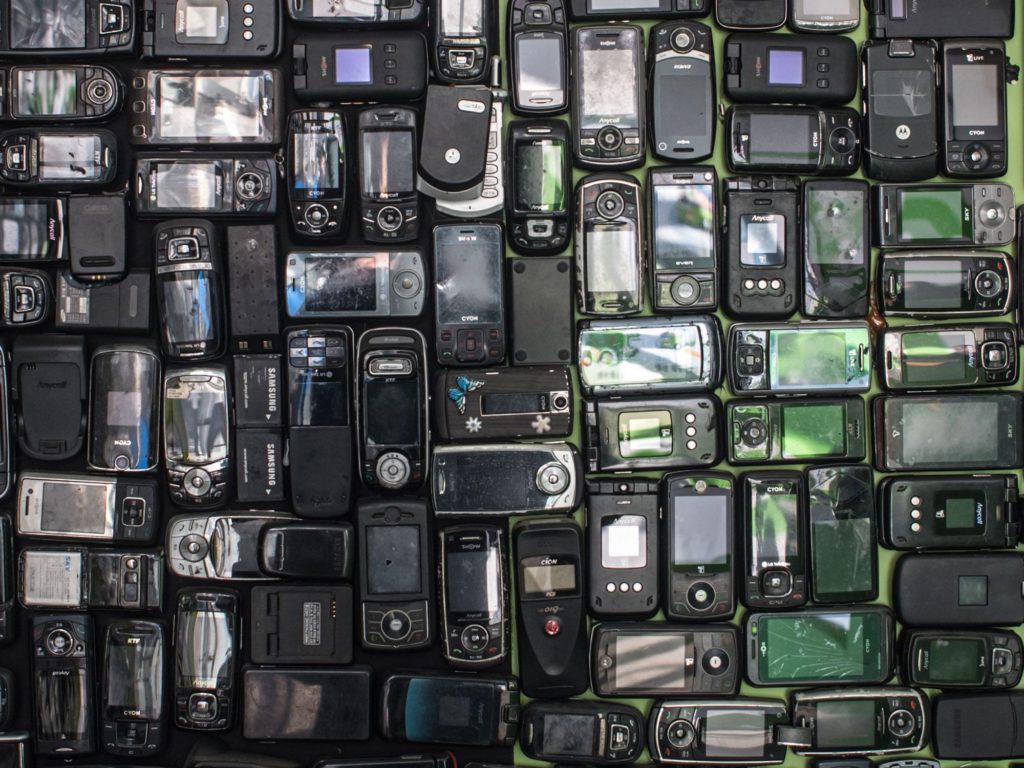(Bloomberg) — The European Union plans to ensure that products from handbags to laptops and mobile phones are more durable in a bid to curb the environmental damage caused by their limited lifespans.
Under the “Circular Economy Package” to be put forward by the European Commission Wednesday, companies will have to show that the products they sell within the EU last longer and can be more easily repaired and recycled. Once enacted, the plans could lead to energy savings equivalent to a year’s worth of the bloc’s Russian natural gas imports by 2030, according to Virginijus Sinkevicius, Commissioner for the Environment.
“Our goal is ensuring that we lessen our dependence on natural resources, which we don’t have really in Europe,” Sinkevicius said in an interview. “We want to ensure that the circular economy becomes the norm.”
The proposals, which also include a strategy for making the textile and construction industry more environmentally friendly, are the latest in the EU’s bid to reach climate neutrality by the middle of the century. Yet they are also pitched as a way to help reduce the bloc’s heavy reliance on raw materials, most notably from Russia following the country’s invasion of Ukraine.
The Commission will propose secondary legislation to draft specific design criteria for different product groupings. The first sectors will be announced this year and would likely be the most environmentally intensive ones such as steel, furniture and tires, according to Sinkevicius.
WTO Compliant
Sinkevicius said he will travel to Asia next week where he will meet with officials from Japan, Indonesia, Malaysia and India to discuss the bloc’s plans. The proposals would be compliant with World Trade Organization rules, he said.
Globally, extraction of raw materials has tripled since 1970, while in the textile sector just 1% is recycled into new products. Items that are covered by the regulation will only be allowed to be sold in the EU if a so-called “digital passport” is available, to help improve the disclosure of the supply chain.
The Commission will also require that companies disclose how they destroy unsold products. That could lead to bans on the practice in some sectors, according to Sinkevicius.
More stories like this are available on bloomberg.com
©2022 Bloomberg L.P.











